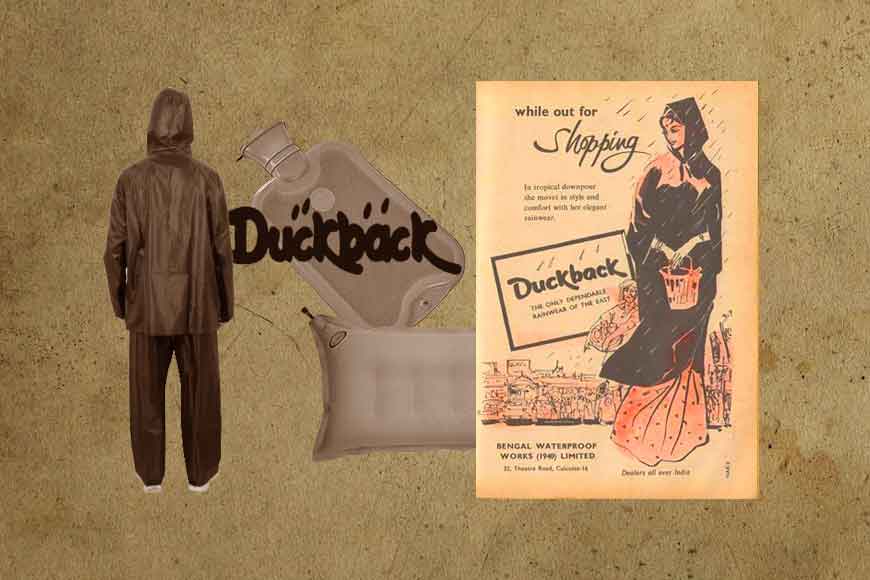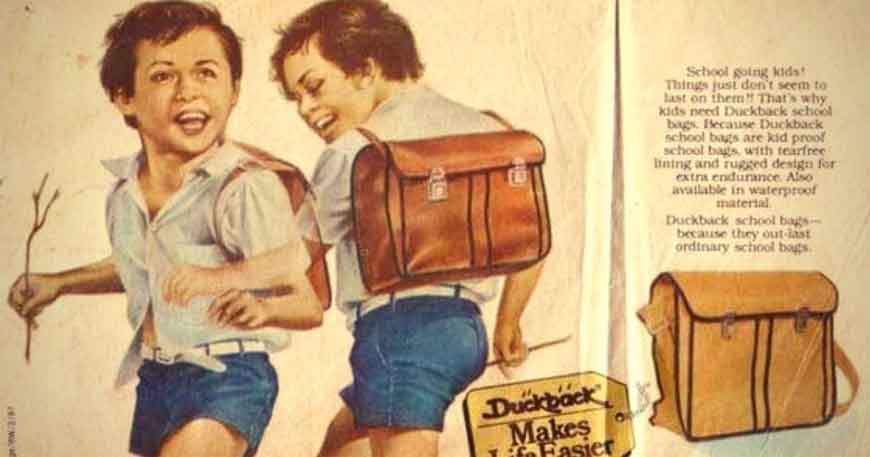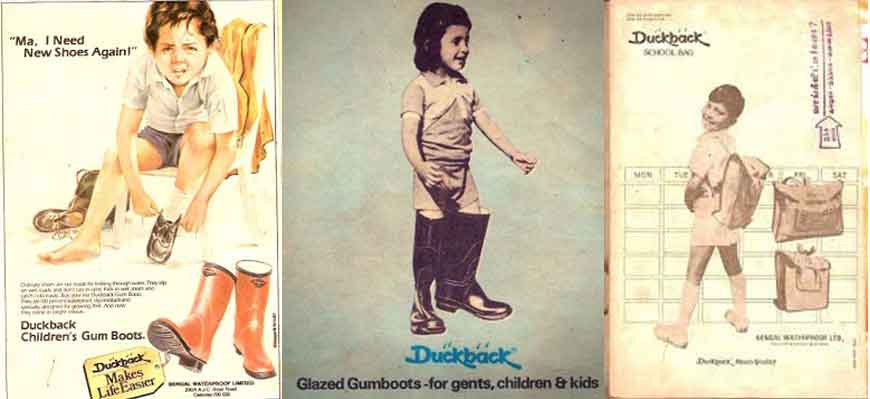Duckback -- Surendra Mohan Bose who dared to challenge British monopoly of 100 years

It was the year of 1920 almost a century ago, when a proud Bengali entrepreneur thought of starting a waterproof brand as an answer to British monopoly in waterproof and textile trade. The British imported such goods from England and tried to force it down on Indian buyers, flooding the markets with high-priced waterproof products. The products were so expensive that it was out of reach for most Indians. Specially for Indian soldiers, many of who died fighting on difficult terrains without a waterproof jacket or gumboots to save them from the rains.
The colonial rule had thrust upon Indians a gag, not just on speech but also on free thinking. However, there were many who defied and came up with out-of-the-box ideas. Berkley and Stanford educated Surendra Mohan Bose was one such entrepreneur. Imprisoned for taking part in Nationalist movements, Bose was held in Hamirpur in Uttar Pradesh. While in prison, Bose dreamt of starting his own waterproof brand, not just as an answer to the British high-priced brands but also thinking of Indian soldiers who traversed difficult rain-washed terrains and yet had no raincoats or waterproof gumboots. This was also a time when World War I was raging and the soldiers were sent by the British to fight.

Once released from prison Surendra Mohan along with his brothers Ajit Mohan, Jogendra Mohan and Bishnupada started Duckback --- the easily available and affordable waterproof brand. Incidentally he started the business from his ancestral house on Nazar Ali Lane. In 1940 Duckback was named as Bengal Waterproof Limited. The name Duckback was catchy and the brothers never parted with as it literally meant as smooth as a duck’s waterproof back where water never sticks. What will surprise you further is that Duckback did not only come with raincoats and gumboots, there were several niche products that were hard to find in the markets then and even today --- from Waterproof ‘Railway’ Holdalls, Dak Bags for postal officers, Nor’Wester caps, Overshoes worn by gentlemen over their shoes, Rubber Heels for both ladies and men, Cyclists’ Caps, Racket Cases, Gun Covers and Wellingtons. One can even today lay a hand on this catalogue of a wide range of products that Duckback sold once upon a time. School life in Kolkata and other cities were never complete without a Duckback bag and raincoat, or a family vacation without the company’s holdall and air pillow.
However, the company started facing acute financial difficulties since rubber prices shot up from ₹55 to ₹ 280 per kg around 2009-10. It was sanctioned a corporate debt restructuring (CDR) package by the Reserve Bank of India. According to author Amit Bhattacharyya’s second volume of Swadeshi Enterprise in Bengal: 1921-1947, sales in 1941 totalled ₹ 40.42 lakh. This figure increased to ₹ 60.05 lakh in 1960 and ₹ 1.18 crore in 1967. Many believe Duckback failed to reinvent, move from the holdall to the rucksack, one generation to the other. Even though the company has ceded ground in the mass consumer space, it has found steady orders coming in from the defence establishment for products ranging from rubberized inflatable boats, G-suits for pilots, submarine escape suits and life jackets. Despite a nostalgia, Duckback lost its domestic market to global invasion. The Bengali nationalist venture also lost the family who founded it and the company has now been acquired by financial consultant OP Saxena.

Saxena has renamed it as Duckback Waterproof Works Pvt Ltd. Even if the business has changed hands, the brand is surely here to stay. The Saxena-led management is planning to expand the portfolio into school supplies such as notebooks, water bottles, and tiffin boxes, as also men’s readymade garments. They have already launched readymade men’s garments in Gujarat and school supplies range in the North-East. There was a time when this Bengali brand came up with advertisements like ‘Entirely Indian—Indian capital, Indian labour, Indian materials and Indian brain.’ That probably still holds good and so does the Bengali pride of starting a niche venture and daring to challenge British imperialism.
Image Source : Pinterest, classicindianads.blogspot.com









